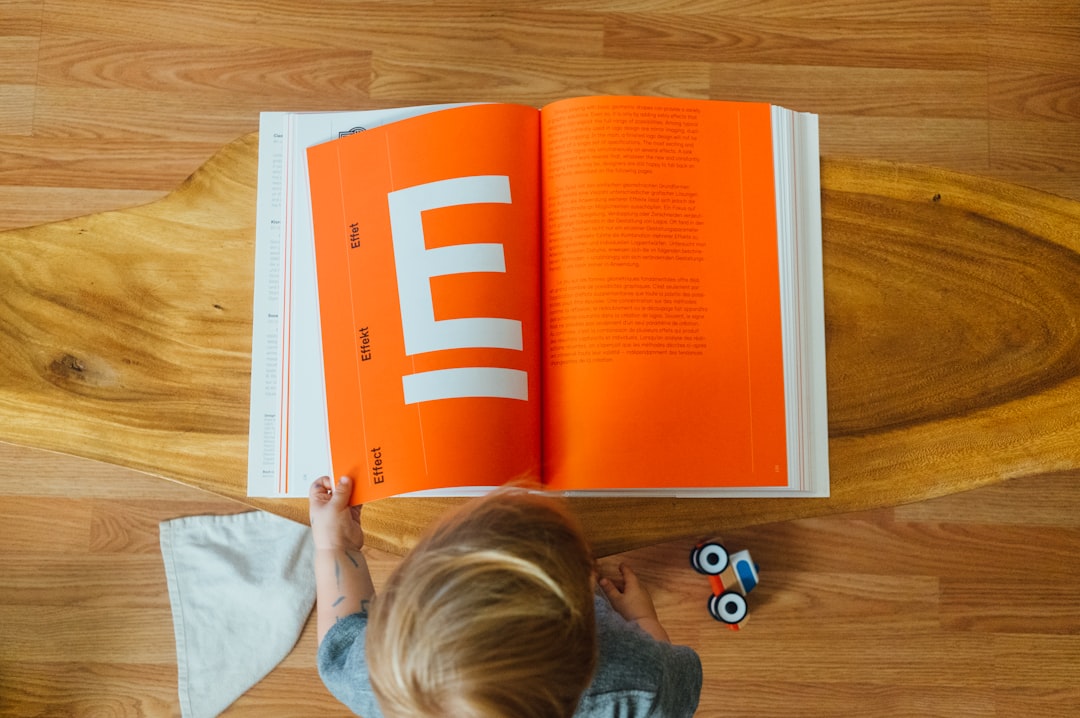In the intricate dance of raising and educating children, parents and educators often grapple with the challenge of choosing the most effective methods. The impact of these decisions reverberates through a child’s emotional, social, and intellectual development. This article delves into the diverse landscape of parenting and education styles, exploring how each method shapes the progenitors of tomorrow. By understanding these different approaches, we can better navigate the complex pathways of nurturing young minds towards a successful and fulfilling adulthood.
The Foundation of Authoritative Parenting
Authoritative parenting strikes a balance between demands and responsiveness, which research consistently finds to be the most effective parenting style. This approach nurtures children to be independent but also places clear limits on behavior. Parents who adopt this style are supportive yet firm, encouraging open communication and explaining the reasoning behind rules. Educational environments that mirror this style often feature teachers who maintain high expectations, yet provide ample support for achieving them. The result is typically children who perform well academically, show good social skills, and exhibit low levels of depression and anxiety.
The Challenge of Permissive Parenting
In contrast to the structured environment of authoritative parenting, permissive parenting is characterized by a high degree of responsiveness but low demands. Permissive parents are lenient, often acting more like friends than authority figures and allowing children considerable freedom. In educational settings reflecting this style, teachers may prioritize student interest and motivation over curriculum guidelines. While this can foster creativity and a love of learning, it might also result in poorer academic performance and behavioral issues, as children may lack self-discipline and personal responsibility.
The Rigidity of Authoritarian Parenting
At the other end of the spectrum from permissive parenting lies authoritarian parenting, which emphasizes high demands with little responsiveness. Authoritarian parents expect obedience without explanation and are often less nurturing. In similar educational contexts, teachers enforce strict rules and expect compliance, with a lesser focus on student autonomy. While this can lead to high levels of discipline, it may also stifle creativity and result in lower levels of intrinsic motivation among children.
The Impact of Uninvolved Parenting
Uninvolved parenting, characterized by low demands and low responsiveness, can have the most detrimental effects on child development. Parents who are detached or indifferent not only fail to set structure but also show little warmth or affection. When educational systems mimic this approach, they do so with minimal support and engagement with students. Children raised and educated in such environments might struggle with academic and social skills, and they often experience higher levels of anxiety and depression.
The Montessori Method and Child-Centered Learning
Moving beyond traditional paradigms, the Montessori method offers a child-centered approach to education, deeply aligned with natural developmental stages. Teachers in Montessori schools guide rather than direct, encouraging children to learn through hands-on experience and at their own pace. This educational style aligns well with any parenting method that promotes independence and self-regulation. Supporters of Montessori education often note enhanced creativity, improved social interaction, and higher levels of engagement in students.
In conclusion, the landscape of parenting and education styles is varied and complex. Each style carries its own set of benefits and challenges, influencing children in unique ways. By understanding and thoughtfully applying these different approaches, parents and educators can provide environments that guide children toward becoming well-rounded, capable, and healthy adults. As society evolves, so too must our strategies for raising and educating the next generation, always with the goal of nurturing their inherent brilliance.






